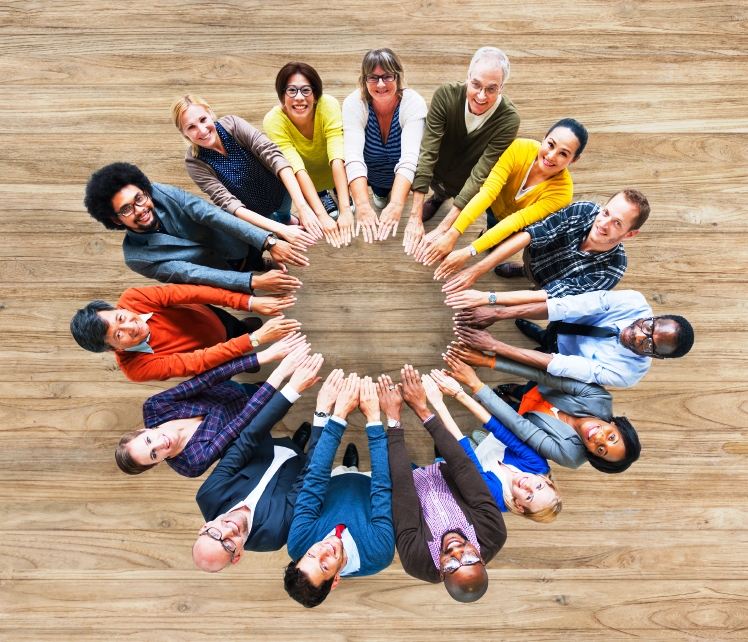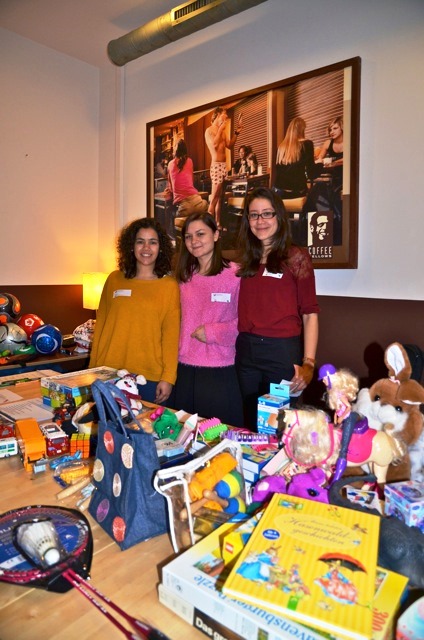How are you feeling this fine day? Here’s to hoping that you’re happy! After all, today is the official International Day of Happiness.
This occasion was introduced by the United Nations three years ago. It might sound a bit fluffy or New Age-y, but happiness is indeed a rather serious topic.
The International Day of Happiness should remind us that “social, economic, and environmental well-being are indivisible”. All of them contribute to personal happiness, but happiness, on a societal basis, is also an integral part of human development.
Measuring Happiness
There’s even a fairly recent field of research dedicated to studying happiness, combining the insights of economics, sociology, and psychology. As strange as it might seem to quantify contentment and joy, happiness economics does try to measure exactly that.
How does this even work? The World Happiness Report, for instance, intends to compare various countries with regard to their respective level of happiness. People from all over the world were asked to describe if they recently experienced happiness, as a temporary, fleeting emotion, and how satisfied they are with their life as a whole.
The perfect formula for describing happiness also takes more objective criteria into account. For example, the researchers gathered statistics on healthy life expectancy in various countries, on people’s access to social support in times of trouble, on general generosity and charitable donations, as well as on GDP (gross domestic product per capita).
Spoiler: according to the World Happiness Report, the luckiest folks alive are found in Denmark. At least, I’ve chosen my next travel destination wisely.
Can’t Buy Me Love
My mum would’ve been glad to see that only one of the factors listed above – namely GDP – directly relates to wealth. “Money doesn’t buy you happiness,” she’d often tell me. But sometimes, she added jokingly: “But it’s pretty damn soothing for your nerves.”
 Actually, that sentiment is underlined by happiness economics. Overall life satisfaction is, to some extent, dependent on income. However, while poor people worry more about long-term prospects, affluence improves emotional well-being only to a certain degree.
Actually, that sentiment is underlined by happiness economics. Overall life satisfaction is, to some extent, dependent on income. However, while poor people worry more about long-term prospects, affluence improves emotional well-being only to a certain degree.
According to some studies, US residents with a cushy income of 75,000 USD per year have all the financial prerequisites for happiness. You do require enough to meet basic needs first, achieve monetary stability second, then squirrel away an emergency fund for hard times, and still have enough money left for the occasional indulgence – such as a vacation or fancy dinners.
Once you’ve reached that point, you probably wouldn’t be any happier if you had cartoon character Scrooge McDuck’s fortune of several “fantasticatrillion” dollars.
Do Good and Feel Good
Measuring factors such as generosity and social support reveals something else about the true nature of happiness.  People aren’t just happy because they can rely on their family and friends when things get tough, or because they might profit from charitable institutions in times of need.
People aren’t just happy because they can rely on their family and friends when things get tough, or because they might profit from charitable institutions in times of need.
They are also happy because they can share with those looking for emotional, practical, or financial support.
“Happiness makes people less self-focused and more altruistic”, happiness researcher David G. Myers once stated. He also emphasized it works the other way round, too: doing good makes you feel good.
The First InterNations Social Impact Night
This tenet of feeling good, plus doing good, was the focus at the first ever InterNations Social Impact Night worldwide. Dedicated to the “moment of happiness”, the Munich event featured a motivational speech on the topic, as well as several exercises for personal reflection.
“What makes you happy?” our members were asked, and they came up with plenty of answers pertaining to life’s little pleasures:  “dancing salsa”, “traveling in my VW van”, “spending quality time with my family”, or simply “enjoying the sunshine”.
“dancing salsa”, “traveling in my VW van”, “spending quality time with my family”, or simply “enjoying the sunshine”.
But our 90 guests were also asked to join in various ways of sharing their happiness with others. The entrance fee for the event was donated to a local refugee home in Munich, and members brought along donations in kind for the residents at the shelter.
In addition to cuddly toys for the kids and footballs or card games for the teens, some generous attendants gave away musical instruments and even a bike. Thank you so much for these wonderful gifts!
And how did our members answer the question what they’d do today to make others happy? “Bring cake for my colleagues at work”, “smile at someone and mean it”, “give my new teacher a warm welcome”, “call my mum and tell her I love her” … awww.
So, what are you doing to increase happiness in the world?
(Image credit: 1)-3) iStockphoto 4) InterNations)